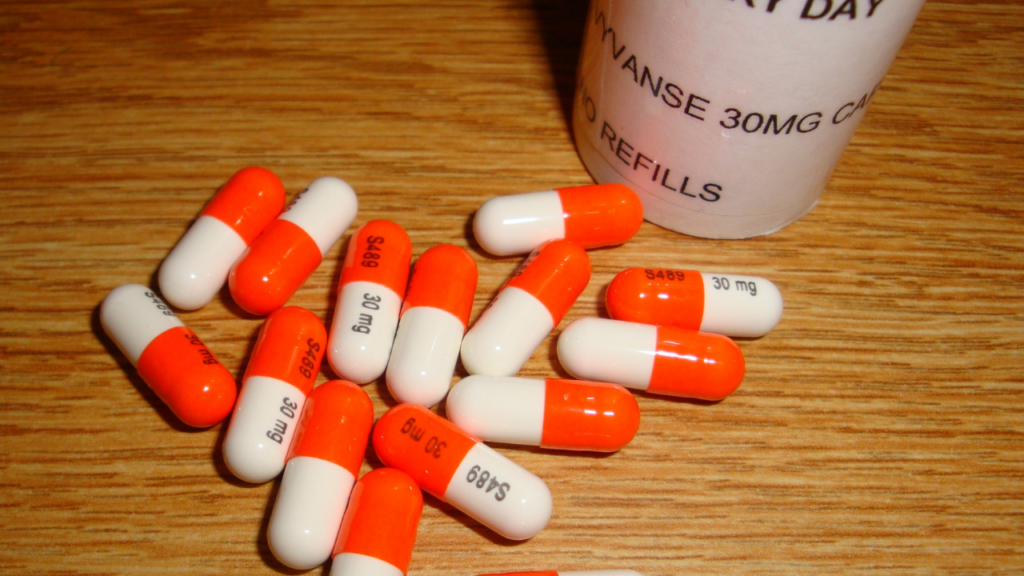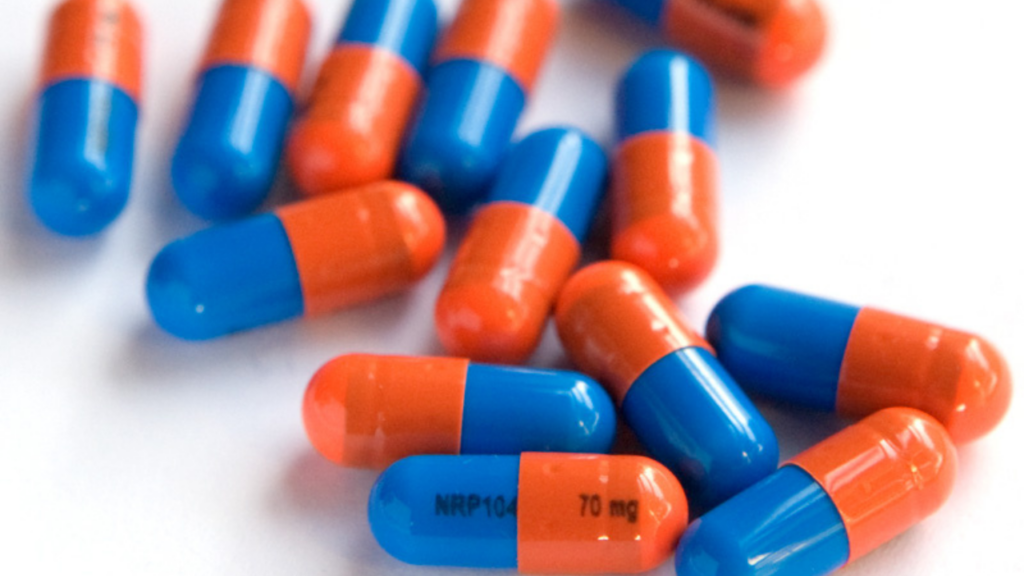Vyvanse, a prescription medication used to treat attention deficit hyperactivity disorder (ADHD) and binge eating disorder, has gained significant popularity in recent years. However, many people question whether Vyvanse is addictive and what the signs of addiction might be.
Understanding Vyvanse and Its Mechanism of Action
Vyvanse, also known by its generic name lisdexamfetamine, is a central nervous system stimulant that works by increasing the levels of dopamine and norepinephrine in the brain. These neurotransmitters play a crucial role in regulating attention, focus, impulse control, and reward-seeking behavior. By enhancing the activity of these neurotransmitters, Vyvanse helps improve symptoms associated with ADHD and binge eating disorder.
While Vyvanse is an effective medication when used as prescribed, it also carries a risk of abuse and addiction. The drug’s stimulant properties can lead to feelings of euphoria, increased energy, and heightened alertness, which may encourage some individuals to misuse or abuse the medication.
Is Vyvanse Addictive? Examining the Risks
The short answer to the question is yes. Vyvanse, like other stimulant medications, has the potential to cause both physical and psychological dependence when misused or abused. The Drug Enforcement Administration (DEA) classifies Vyvanse as a Schedule II controlled substance, indicating that it has a high potential for abuse and can lead to severe psychological or physical dependence.
When taken in higher doses or more frequently than prescribed, Vyvanse can cause a rapid buildup of tolerance, meaning that users require increasingly larger doses to achieve the desired effects. This tolerance can quickly lead to dependence, where the individual experiences withdrawal symptoms when not using the drug.

However, it’s important to note that when Vyvanse is taken as prescribed and under the close supervision of a healthcare professional, the risk of addiction is significantly lower. Proper medical management and monitoring can help minimize the potential for abuse and ensure that patients receive the therapeutic benefits of the medication without developing an addiction.
Recognizing the Signs of Vyvanse Addiction
Identifying the signs of Vyvanse addiction is crucial for seeking timely treatment and support. Some common signs that may indicate a problem with Vyvanse use include:
- Taking higher doses or using Vyvanse more frequently than prescribed
- Spending excessive time and money obtaining and using Vyvanse
- Neglecting responsibilities at work, school, or home due to Vyvanse use
- Experiencing withdrawal symptoms when not using Vyvanse, such as fatigue, depression, irritability, and sleep disturbances
- Continuing to use Vyvanse despite negative consequences, such as legal troubles, financial difficulties, or strained relationships
- Engaging in risky behaviors while under the influence of Vyvanse, such as driving while impaired or combining the drug with other substances
- Developing a preoccupation with obtaining and using Vyvanse, often at the expense of other important aspects of life
If you or a loved one are experiencing any of these signs, it’s essential to reach out for professional help. Addiction is a treatable condition, and with the right support and resources, recovery is possible.
How The Bluffs Addiction Campuses Can Help
At The Bluffs Addiction Campuses in Ohio, we understand the unique challenges that come with overcoming Vyvanse addiction. Our experienced team of addiction specialists is dedicated to providing comprehensive, evidence-based treatment tailored to each patient’s individual needs and goals.
Our treatment programs encompass a range of services designed to address the physical, psychological, and emotional aspects of addiction, including:
- Medical detox to manage withdrawal symptoms safely and comfortably under the care of trained professionals
- Individual therapy sessions to explore the underlying causes of addiction, develop coping strategies, and build a strong foundation for recovery
- Group therapy to foster peer support, share experiences, and learn from others who are also navigating the recovery process
- Cognitive-behavioral therapy (CBT) to identify and change negative thought patterns and behaviors that contribute to addiction
- Family therapy to help rebuild relationships, improve communication, and create a supportive environment for long-term recovery
- Aftercare planning and support to ensure a smooth transition back into daily life and maintain the progress made during treatment
Contact Us Today
Don’t let Vyvanse addiction control your life any longer. Take the first step towards reclaiming your health and well-being by reaching out to The Bluffs Addiction Campuses. Call us today at 330-919-9228 to speak with our compassionate admissions team, who are available 24/7 to answer your questions and help you begin your journey to a life free from addiction. Remember, seeking help is a sign of strength, not weakness. With the right treatment, support, and dedication, you can overcome Vyvanse addiction and build a fulfilling, healthy life in recovery.








